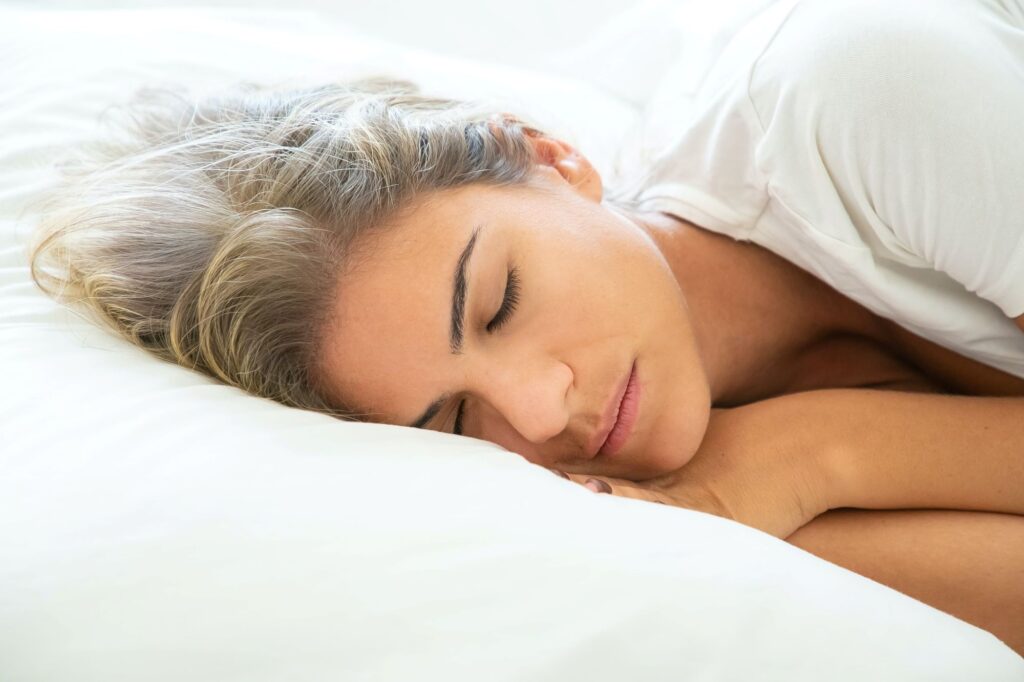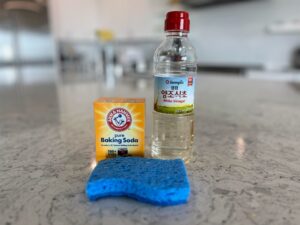Getting a good night’s sleep can make a big difference in how you feel each day. Good sleep isn’t just about how long you’re in bed; it’s also about the quality of rest you get. Many people struggle with tossing and turning or waking up feeling tired, even after a full night’s sleep. The good news is there are easy changes you can make to improve your sleep. By learning a few simple tips, you can create better sleep habits that leave you feeling refreshed and energized each morning.
Why It's Important
Getting a good night’s sleep is one of the best things you can do for your body and mind. When you sleep well, you give your body a chance to recharge, like plugging in your phone. This recharge helps you feel more alert, focused, and ready to take on the day.
Sleep also plays a big role in your health. While you sleep, your body works on repairing itself, from fixing tired muscles to boosting your immune system, which helps you fight off sickness. It also helps you naturally look younger by allowing your skin to regenerate and preventing premature aging. Without enough good-quality sleep, you might feel worn out, find it harder to remember things, or get sick more easily.
Getting a good night’s sleep also helps with your mood. When you’re well-rested, you’re less likely to feel grumpy or stressed. Therefore, it’s easier to handle challenges and enjoy time with others. Poor sleep, on the other hand, can make you feel cranky, frustrated, or even anxious.
Simple Tips for Getting Better Sleep
Now that we’ve covered the importance of a good night’s sleep, here are some simple steps to help you sleep better. By following these tips, you can improve your sleep quality and wake up feeling refreshed each day.
1. Set a Sleep Schedule
Going to bed and waking up at the same time each day can help your body get into a rhythm. So, try to stick to the same schedule, even on weekends, to improve your sleep. A regular sleep routine trains your body to know when it’s time to wind down and when it’s time to wake up.
2. Create a Relaxing Bedtime Routine
Additionally, relaxing before bed signals to your body that it’s time to sleep. Activities like reading, taking a warm bath, or practicing gentle stretches can help calm your mind and body. Therefore, avoid screens like phones and TVs, as the light from them can keep your brain awake.
3. Watch What You Eat and Drink

To get a good night sleep, avoid large meals, caffeine, and alcohol close to bedtime, as they can disrupt your sleep. Caffeine and sugar, in particular, can keep you awake. If you’re hungry at night, try a small, healthy snack like a banana or a handful of almonds.
4. Keep Your Bedroom Cool and Comfortable
To improve sleep, your bedroom should be cool, quiet, and dark. Use earplugs if noise is an issue, and consider blackout curtains to block any light. A calm, cozy environment helps your body relax and signals that it’s time to rest.
5. Stay Active During the Day
Physical activity during the day can make it easier to fall asleep at night. Exercise helps tire out your body, so you feel ready to sleep. Just try to avoid intense exercise close to bedtime, as it might keep you awake.
6. Limit Naps
While naps can be refreshing, long or late naps can make it harder to fall asleep at night. Therefore, if you need a nap, try to keep it short (20-30 minutes) and avoid napping late in the day to get a better night sleep.
7. Manage Stress and Worry
Stress and worries can keep you up at night, preventing you from getting a good night’s sleep. Manage stress by writing down your thoughts or to-do lists earlier in the evening to avoid feeling overwhelmed at bedtime. Meditation, deep breathing, or light reading can also help calm your mind and prepare you for restful sleep.
Sleeping Better at Night

Getting a good night’s sleep is essential for feeling your best each day. By making a few simple changes, like creating a calming bedtime routine and keeping a regular schedule, you can improve the quality of your sleep. Prioritizing rest not only boosts your energy but also supports your overall health and well-being. Start with small adjustments and enjoy the positive impact better sleep can bring to your life.














